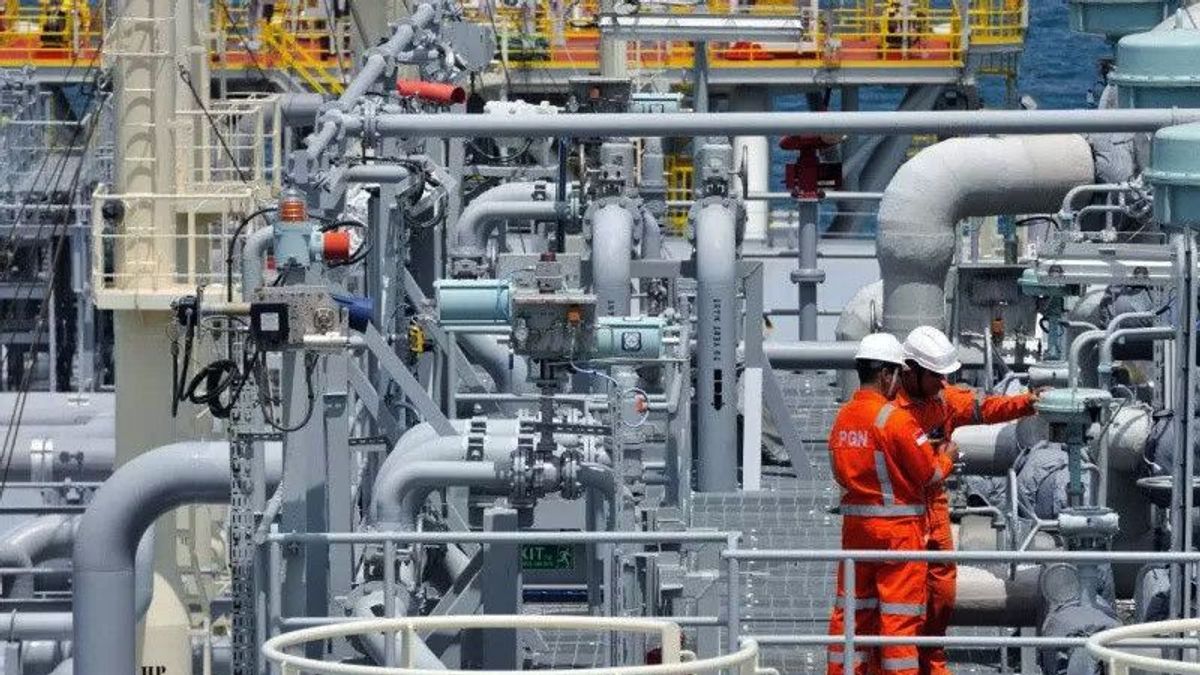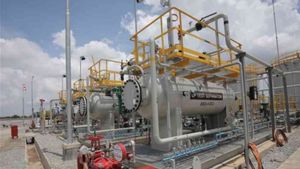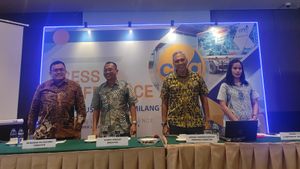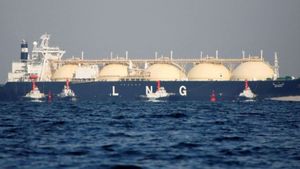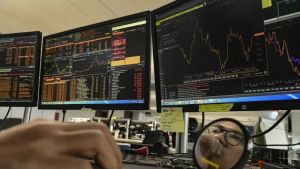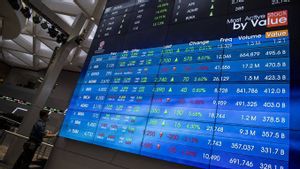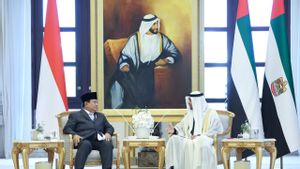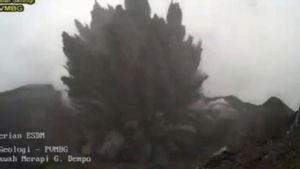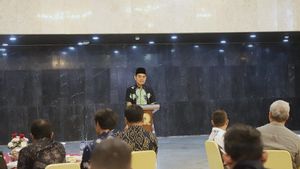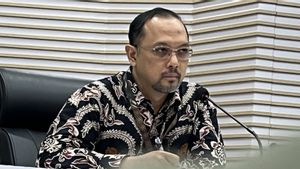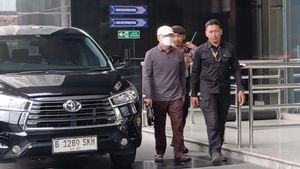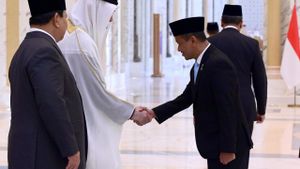IGS Reveals A Number Of Indonesian Gas Challenges
Chairman of the Indonesia Gas Society (IGS) Aris Mulya Azof revealed a number of challenges that RI is still facing in the development of domestic gas. According to Aris, the challenges in question come from the upstream, downstream, to regulatory sectors.
From the upstream sector, Aris said the high risk of upstream oil and gas development had an impact on the low investments that entered.
"From the upstream sector, we know that the upstream sector is a high-risk industrial development and has an impact on how we invite investors to enter the upstream industry," he said in a webinar investigating the readiness of gas supply for the Industrial and Power Plant Sector, Wednesday, February 28.
Aris also mentioned that other problems faced from the upstream sector were the findings of gas reserves, most of which were scattered in remote areas that were difficult to reach, were in the deep sea and the contents of high impurities such as CO2, sulfur and water. Then the decline in the existing gas production due to natural development.
Then from the downstream sector, the challenge faced is the geographical condition of Indonesia, which is mostly an archipelagic country, which has an impact on limited infrastructure such as the gas network, the Floating Storage and Regasification Unit (FSRU).
Then the uneven demand between regions because the industry is mostly concentrated in Java compared to other parts of Indonesia.
SEE ALSO:
"The gas supply demand locations are spread throughout Indonesia and the willingness to pay consumers is still low. Gas from remote areas needs large costs so that in the future there will be no gas bribes," continued Aris.
Meanwhile, in terms of regulation, Aris explained that the challenge is the lack of interest in the infrastructure development scheme for investors.
"Therefore, there needs to be an encouragement to provide incentives for investors, state-owned enterprises and the private sector to be included in the infrastructure development scheme," he added.
And finally, regulations that have not accumulated the needs of all sectors, both upstream midstream and downstream.
The English, Chinese, Japanese, Arabic, and French versions are automatically generated by the AI. So there may still be inaccuracies in translating, please always see Indonesian as our main language. (system supported by DigitalSiber.id)
